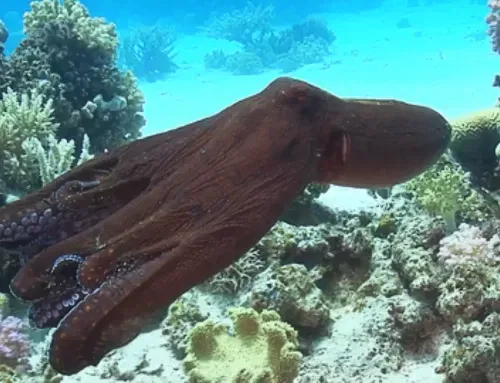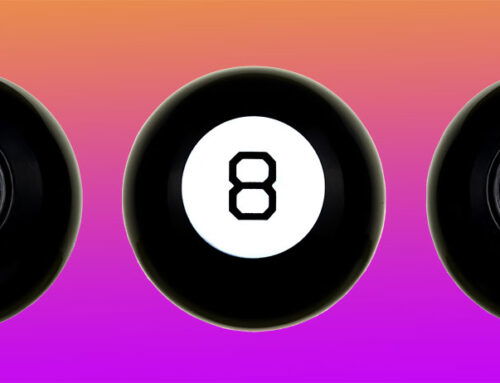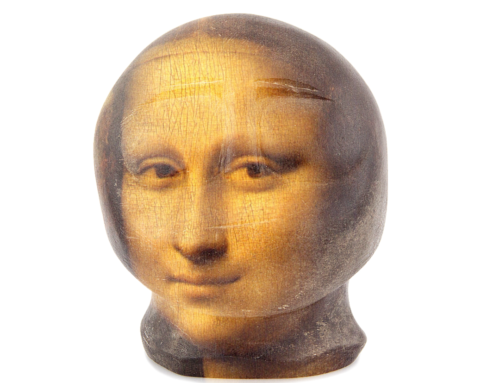As a scientist, I lived in a world of “How?” rather than “Why?” We may have strong feelings for the reason something works the way it does – why sickness strikes one person and not another, or why Dartmouth accepted Mary and not Joe – but the answer will remain contentious. “Why?” is a moral, religious question, not a scientific one. The supreme copout – God works in mysterious ways – may be as good an answer to “Why?” as any other. Science seeks “How?”

By Tomwsulcer, via Wikimedia Commons
Perhaps as an underlying rational of science, “How?” can interfere with “When?” I’m referring to Swedish death cleaning. The idea of death cleaning is to rid oneself of possessions that no longer have a positive impact on our lives), and suggests starting already at advanced middle age (perhaps mid-60s), when still in good health with all one’s marbles. Death cleaning is equated to the “mental magic of cleaning and organizing your closet.” Paring down clutter – we call it downsizing – to allow focus on the more important things, to simplify life, to reduce stress and make it easier to think straight, and to lessen the burden on the family to clean up the mess we leave behind.
This makes sense and holds many truths. Friends recently have talked to me, with noticeable anxiety, about death cleaning themselves. I can’t fault the reasoning – our lives are cluttered, and we can’t avoid the reality of death. Why not face that stark fact? Why not death clean?
The first thought that comes to mind is that death cleaning conflates “When?” and “How?” Death cleaning gives a prescription for a controlled life, but avoids the more crucial question that rules our life: when will we die? We don’t know that at middle age, or even much after that. Will it be tomorrow, a year from now, ten years away, or even longer? My mother didn’t want to renovate her kitchen when she was near 80, but I insisted, “Do it, do it now!” And she did. She couldn’t do it when she’s dead. But she lived until 100. She loved her renovated kitchen for 20 years. Not bad, I’d say. It added to her life.
So this brings up what I called “pre-mature death” – a type of death, perhaps a practice death, before the final death, which I wrote about in last year’s blog “Choose Life.” One death is enough for me!
Does preparing for the end – wiping clean or at least thinning out the past – make getting there more pleasant or of greater value?
I’m 77 and still healthy (what luck!). Should I stop collecting Inuit art, which I love to do? The sculptures take up space, which means keeping a larger house, and large houses tend to accumulate what’s around.
And do possessions, mere objects, truly blur our focus on what counts, or what we’d rather do, or feel we should do? Perhaps they do at times, or for some of us. But I believe that those who know what really counts for them already do it, or will do it whether or not they downsize. Others may not know what counts most for them as they age, so would they really discover what it is with fewer possessions? Maybe the clutter gives them the security to know that they are still alive. And what “counts” anyway in the single life we have? For each it’s something different, I’d say. For some it’s work, for others rest, for others perhaps the status quo. Who knows, for some it may be their possessions that they worked so hard to get. Aren’t we partly our possessions? Don’t they reflect to some extent who we are?
I’m not blind to the benefits of Swedish death cleaning. I’m just aware that the puzzle in our life is when we’ll die, not how we might prepare to do so.
So as for me, I’ll still choose life for now, as I said in my previous blog, and do the best I can to control the clutter, rather than the other way around.






Leave A Comment